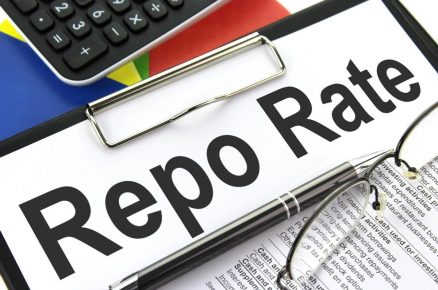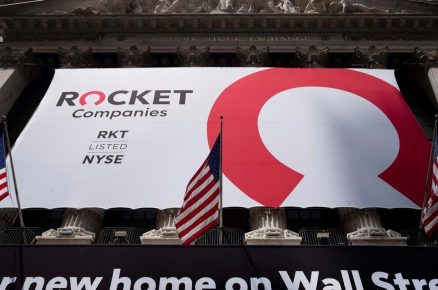Last November, when Britain’s Prince Charles urged the world’s leading businesses to appoint and empower primary sustainability officers, numerous companies had currently embraced the idea of social and ecological responsibility. What wasn’t always clear was how these and other organizations viewed the CSO’s role in helping meet sustainability objectives.
In a freshly released survey, the Institute of International Financing (IIF) and Deloitte UK asked sustainability specialists from more than 70 financial services organizations to unpack what the function appears like and how it’s most likely to progress in the industry. The findings supply insights on a variety of topics, including how financial services companies see the function of CSO, why particular institutions decide to designate CSOs, what to anticipate from a CSO, and which governance designs have worked much better than others.
Why CSOs are appointed in the very first location: Organizations need someone to make sense of change
The research revealed 3 conditions that seem to trigger monetary services companies to produce CSO roles. The very first is when an organization struggles to keep up with external modifications, such as new regulatory and governmental requirements, which are being implemented at a fast speed.
A 2nd condition is when stakeholders (clients, employees, business partners, investors, etc.) expect actions on sustainability that a company is not yet prepared to provide. For example, corporate purchasers may add environmental, social, and governance (ESG) standards to their requests for proposals, or investors might look for clarity on the company’s plans to manage ESG run the risk of direct exposure.
A third tipping point is when a company’s leaders acknowledge that ESG dangers are considered sufficient to their organization’s operations to be strategic concerns.
In all three cases, an organization needs a leader to help it adjust and link the dots between external ESG occasions and the possible effects for the organization. Due to the fact that a reliable reaction needs cooperation among numerous parts of the business, marshaling those resources can enter into the CSO’s mandate, too.
Capabilities: CSOs are frequently systems thinkers with method backgrounds
According to the study, numerous CSOs have method backgrounds. Unsurprisingly, survey respondents ranked method as the most important skill for a CSO to have, with influencing abilities can be found in second. Respondents ranked these two much higher than more-technical skills– such as environmental science competence, data analytics skills, and regulatory and compliance knowledge– although all of these are essential. At a minimum, CSOs need to know how their organizations’ products or services work and how to handle the prospective risks.
Depending on the situation, CSOs might need to lean into any of the 4 management designs checked out in the report: agitator, facilitator, administrator, or steward. They likewise require to be excellent communicators and organizers, since their roles can require support from nearly any part of the organization.
Governance: Even with CEO access, the roadway for CSOs can be rough
A third of the study respondents say they report to the CEO, which they say is considered advantageous. However, the reporting relationship is probably lesser than merely having the CEO’s availability and support.
Either way, CSOs deal with a long and bumpy roadway. Even with a clear tone from the top, CSOs run the risk of being perceived as internal activists, lacking in a compound, or heading a pet task that could disappear as quickly as the executive sponsoring it carries on. CSOs also face burnout from the sluggish speed of development.
Governance is also a tough nut to crack. CSOs can recommend the board of directors and board ESG subcommittees, and otherwise, assist shape the sustainability agenda. But, many companies are still exercising what the CSO’s governance structures and reporting lines must be. Group size is in flux, too, with sustainability offices in the survey ranging from a single individual to staffs of 10 or more.
Bottom line: The value of sustainability is projected to grow
Three-quarters of participants anticipate that CSOs will continue to play devoted functions within their organizations. It’s not hard to comprehend– CSOs are flooded with work. Meanwhile, consumers, financiers, and regulators are altering running environments to a profound degree.
The takeaway? Although it comes in lots of sizes and shapes, the CSO role is ending up being more vital throughout the financial services market landscape. Sustainability difficulties are the crisis of our generation, and more organizations are transferring to have someone with authority make sense of their business effect. That somebody will likely be a tactical thinker who can clarify the concerns and set in motion with a purpose to position their business for long-lasting success.









